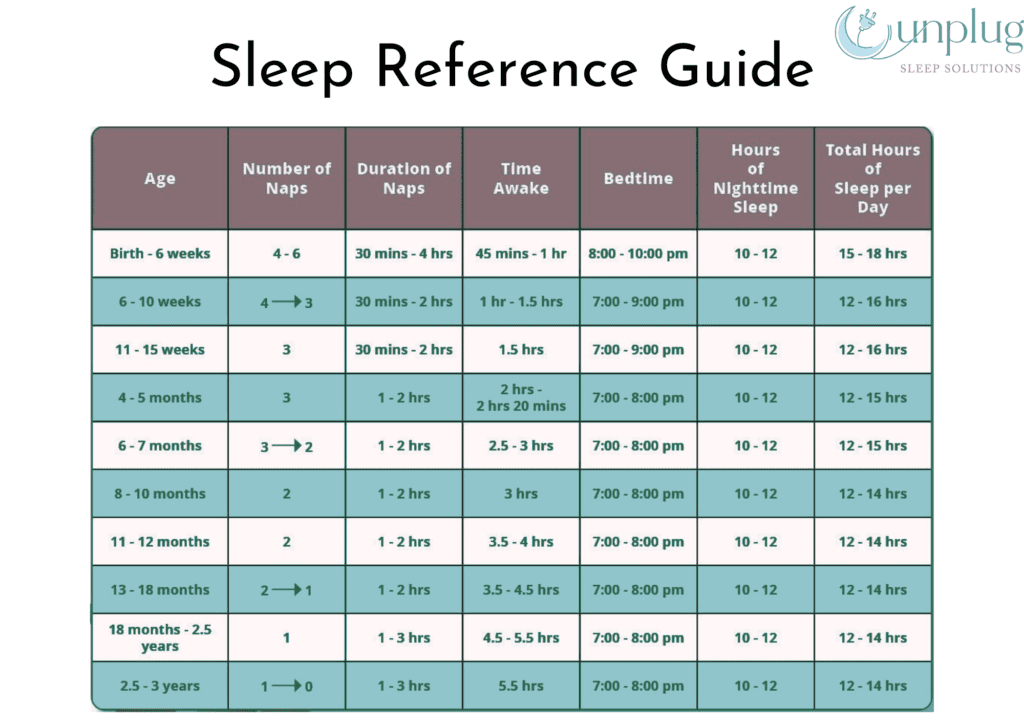Ready to sleep better tonight? Here are my Top 5 Tips for helping your little one sleep better!
The Effect of Sleep Exhaustion on Relationships

Understanding sleep exhaustion and its impact on relationships
Sleep exhaustion is a common issue that affects many individuals and can have a big impact on relationships. When we don’t get enough sleep, it can lead to crankiness, irritability, and a lot of other negative effects. As a sleep consultant, working with many families, I understand how sleep exhaustion can take a toll on relationships and overall well-being.
One of the most noticeable effects of sleep deprivation is its impact on mood. When we are sleep deprived, we are more likely to be irritable, moody, and easily annoyed. This can lead to conflicts and misunderstandings in relationships. Couples’ mood can quickly turn sour when both partners are sleep deprived, creating a cycle of frustration and tension.
Another aspect affected by lack of sleep is communication. Sleep deprivation can impair cognitive function, making it difficult to concentrate, remember details, and communicate effectively. Simple tasks can become challenging, leading to increased frustration and miscommunication between partners.
Sleep deprivation’s toll on intimacy and connection in couples
In addition to mood and communication, sleep deprivation can also take a toll on intimacy and connection within couples. When we are sleep deprived, our energy levels and libido are often low, making it difficult to engage in physical intimacy. We may find ourselves too exhausted to initiate or respond to our partner. This can lead to feelings of rejection and frustration, creating a strain on the relationship.
Furthermore, lack of sleep can affect our emotional connection with our partners. When we are tired, we may not have the emotional energy to provide the support and empathy that our partners need. We may become more self-centered and less attentive to their needs, further widening the gap between us. It is important to prioritize rest and make an effort to create opportunities for intimacy and connection, even when sleep deprived.
The impact of sleep exhaustion on parenting
Sleep deprivation is a common struggle for parents, especially when children are not sleeping through the night. The constant interruptions and sleepless nights can leave parents feeling exhausted and emotionally drained. This exhaustion can spill over into the parent’s relationship, leading to increased tension and decreased patience.
The importance of a sleep routine for a child cannot be overstated. When children have a consistent sleep routine, they are more likely to sleep through the night, allowing parents to get the rest they need. Establishing a healthy sleep routine for children is crucial in maintaining a happy household and reducing the strain on relationships. When parents and children are well-rested, they can approach each day with more energy and a better disposition, fostering a positive environment for everyone.
Strategies for improving sleep quality and quantity as a couple
Improving sleep quality and quantity as a couple requires a proactive approach. Here are some strategies that can help:
1. Establish a consistent sleep schedule: Go to bed and wake up at the same time every day, even on weekends. This helps regulate your body’s internal clock and promotes better sleep.

2. Create a sleep-friendly environment: Make sure your bedroom is dark, quiet, and cool. Invest in a comfortable mattress and pillows that support your body. Limit the use of electronic devices before bedtime, as the blue light can interfere with sleep.
3. Practice relaxation techniques: Engage in calming activities before bed, such as reading a book, taking a warm bath, or practicing meditation. This helps signal to your body that it is time to wind down and prepares you for a restful sleep.
4. Avoid caffeine and alcohol close to bedtime: Both caffeine and alcohol can disrupt sleep patterns and make it harder to fall asleep. Limit your consumption and avoid them in the hours leading up to bedtime.
Establishing a healthy sleep routine for children to prevent Sleep Exhaustion
A healthy sleep routine is vital for children’s well-being and the overall harmony of a household. Here are some tips for establishing a sleep routine for your child:
1. Set a consistent bedtime: Determine an appropriate bedtime for your child based on their age and stick to it. Consistency is key in helping them develop a regular sleep pattern.
2. Create a calming bedtime routine: Establish a set of activities that help your child wind down before bed. This may include reading a story, taking a bath, or practicing relaxation techniques. Download a printable bedtime routine chart for your child. Incorporating fun into the bedtime routine can lead to more success.

3. Ensure a sleep-friendly environment: Make sure your child’s bedroom is comfortable, quiet, and free from distractions. Use blackout curtains to create a dark environment and consider using a white noise machine to drown out any disruptive sounds.
4. Limit screen time before bed: Electronic devices emit blue light, which can interfere with sleep. Establish a screen-free time before bedtime to allow your child’s body to prepare for sleep naturally.
5. Be consistent with naps: If your child still requires naps, ensure they have a consistent nap schedule during the day. This helps regulate their sleep-wake cycle and promotes better sleep at night. See the reference guide below to check if your child is getting enough sleep during the day.

Prioritizing self-care and making sleep a priority for the entire family
It is crucial for individuals and couples to prioritize self-care and make sleep a priority for the entire family. This means setting boundaries and establishing healthy sleep routines not only for yourself but also for your children. Modeling good sleep habits for children is essential. By prioritizing sleep and creating a consistent sleep routine for your child, you are not only ensuring their well-being but also promoting a happier and more harmonious household. When everyone in the family is well-rested, it becomes easier to navigate the challenges of daily life and maintain stronger relationships.
Seeking professional help for sleep issues
If sleep issues persist despite your best efforts, seeking professional help can be beneficial for both individuals and couples. As a child sleep consultant, I provide a comprehensive evaluation of your child’s sleep patterns and offer personalized strategies to address any underlying issues. I am working with you one on one, providing support to you ever day to get you and your family to peaceful nighttime routines and getting your child sleeping through the night. If you would like to have a talk about your current sleep situation to see how I can assist you, book a call with me.
Restoring harmony and happiness through better sleep habits
Sleep exhaustion can take a hidden toll on relationships, affecting our mood, communication, intimacy, and parenting. However, by understanding the impact of sleep deprivation and implementing strategies to improve sleep quality and quantity, we can restore harmony and happiness in our relationships.
Remember, a well-rested and rejuvenated mind and body are essential ingredients for fostering love, connection, and understanding within our relationships.
So, let’s make sleep a priority, not just for ourselves but for the well-being of our relationships and our loved ones.


